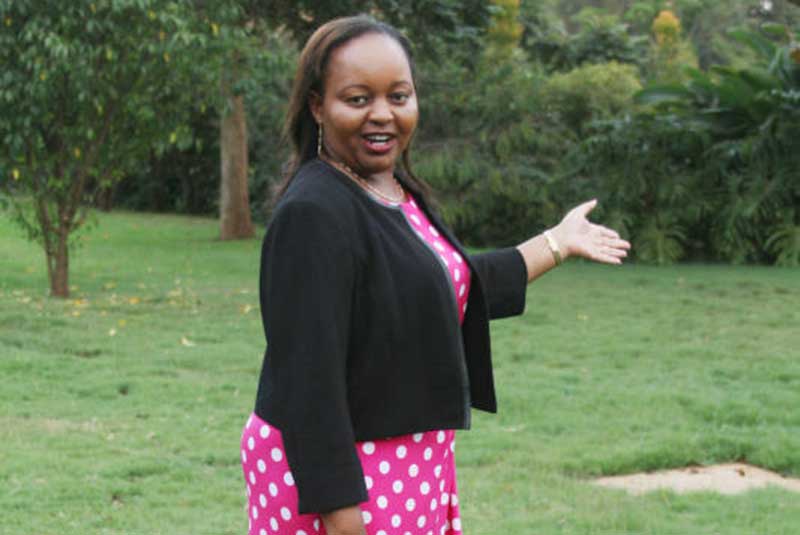×
The Standard e-Paper
Join Thousands Daily

As 2017 draws to a close, it will be a remarkable one for women in leadership given it is the year that saw the election of three women governors- a significant development given all the governors elected in 2013 were men.
They have taken the lead to overcome obstacles that have made women to be viewed as marginalized and are competitively going for more leadership positions. This is what some of them had to say about 2017.